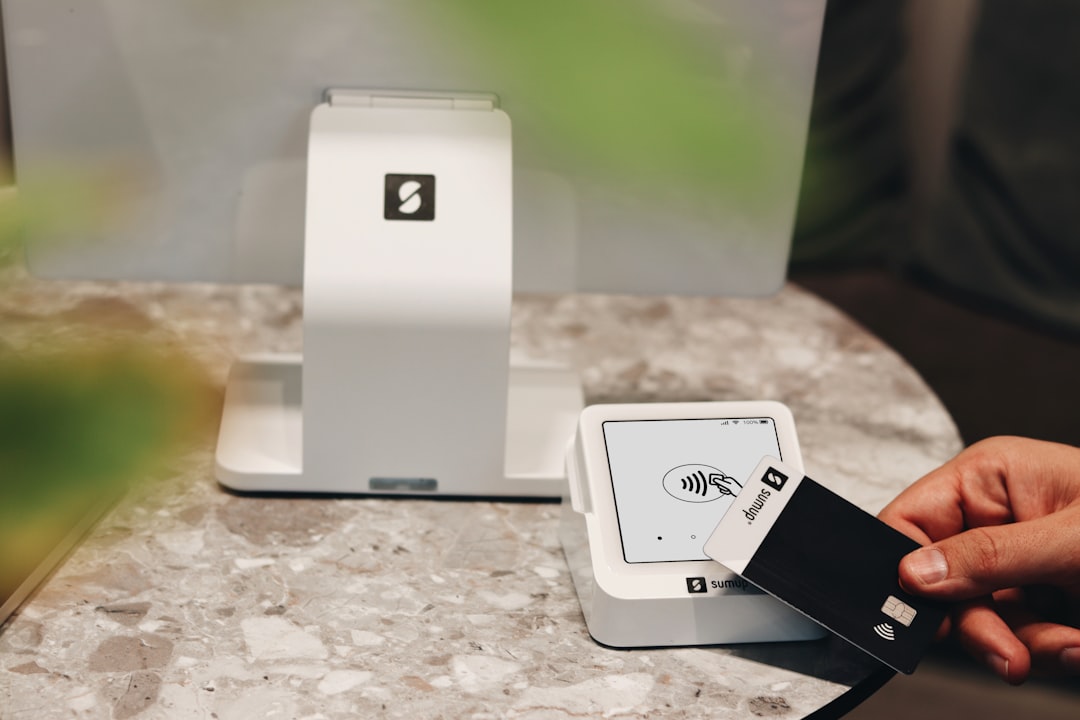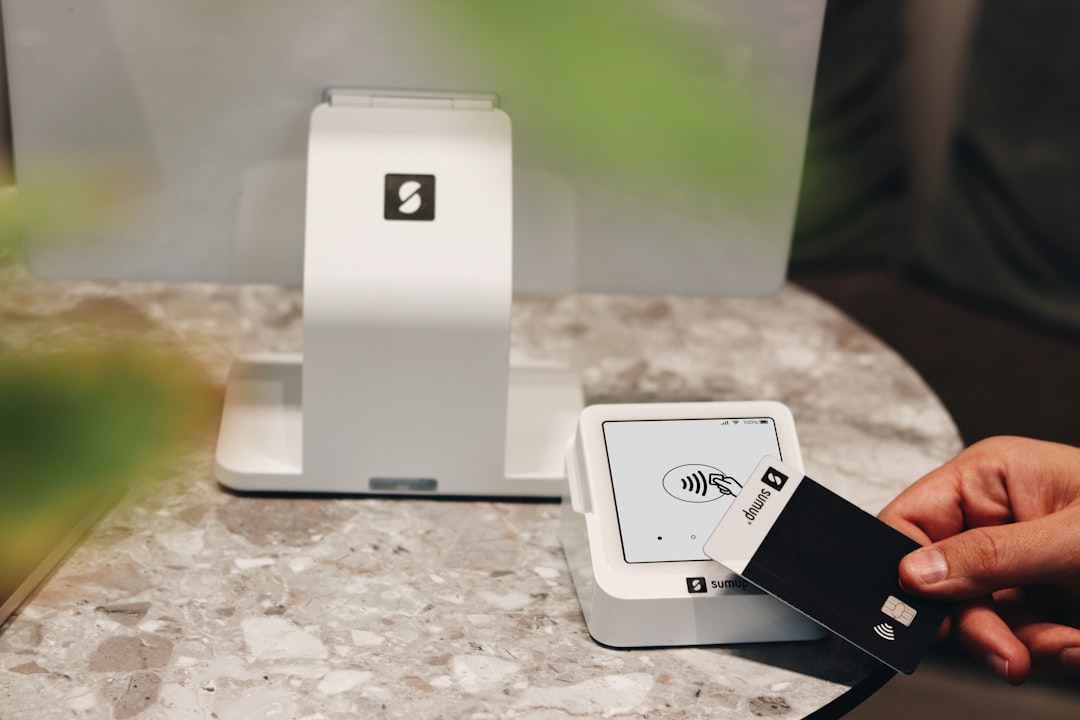In North Dakota, informational and survey calls are exempt from anti-spam laws, allowing businesses like attorneys, research institutions, and non-profits to engage customers without legal repercussions. To avoid unwanted spam texts, these calls must be related to genuine interests rather than advertising or solicitation. Businesses must obtain explicit consent, clearly state purposes, offer opt-out options, and maintain detailed records for compliance and consumer protection, with consulting a specialized attorney recommended for guidance.
In North Dakota, informational and survey calls may be exempt from anti-spam laws, offering a breath of fresh air for businesses aiming to connect with consumers. This article demystifies this exemption within the legal framework, guiding attorneys and organizations seeking effective communication strategies. We explore who qualifies for this exemption, highlighting eligible parties while emphasizing best practices to maintain compliance and protect consumer rights. Dive into these insights to navigate North Dakota’s regulations efficiently.
Understanding the Exemption: Unraveling the Legal Framework

In the legal landscape of communication regulations, especially in relation to phone calls, there’s a crucial exemption that deserves attention. Informational and survey calls, unlike marketing or promotional messages, often enjoy a degree of freedom under the law. This exemption is particularly significant for businesses and organizations aiming to connect with their target audiences through telephone surveys or sharing important updates.
In North Dakota, as in many jurisdictions, these types of communications are generally not considered spam texts by attorneys interpreting the relevant laws. The legal framework here distinguishes between unsolicited commercial messages and legitimate efforts to gather information or conduct research. Understanding this exemption is vital for businesses to effectively engage with their customers while adhering to legal boundaries, ensuring compliance without compromising essential communication strategies.
Who Does it Apply To? Defining Eligible Parties

In North Dakota, informational and survey calls are often exempt from anti-spam laws, offering a relief to businesses and organizations conducting legitimate outreach. This exemption is significant as it allows companies to connect with potential customers or respondents directly via text messages, ensuring they provide valuable content rather than promotional or unwanted material.
Eligible parties for this exemption include attorneys, research institutions, non-profit organizations, and any entity gathering information for research, marketing analysis, or survey purposes. The key requirement is that these calls must be related to a legitimate business or academic interest and not intended as advertising or solicitation. This means no spam texts from unknown sources, but rather well-targeted communications from recognized entities aiming to gather data or share relevant information.
Best Practices: Ensuring Compliance and Consumer Protection

When navigating the complexities of informational and survey calls, it’s crucial to adopt best practices that balance compliance with consumer protection. In the state of North Dakota, as in many others, strict regulations govern texting and calling practices to prevent spam texts and ensure transparency. To remain compliant, businesses should obtain explicit consent from recipients before initiating such calls or sending text messages, clearly identifying the purpose of the communication, and providing an easy opt-out mechanism.
Additionally, maintaining accurate records of consent and call/text history is essential. This documentation not only aids in demonstrating compliance but also enables swift response to any consumer complaints or inquiries from regulatory bodies. Engaging with a reputable attorney specializing in telecommunications law can provide valuable guidance tailored to North Dakota’s regulations, helping businesses navigate this delicate balance effectively while protecting consumer rights.






